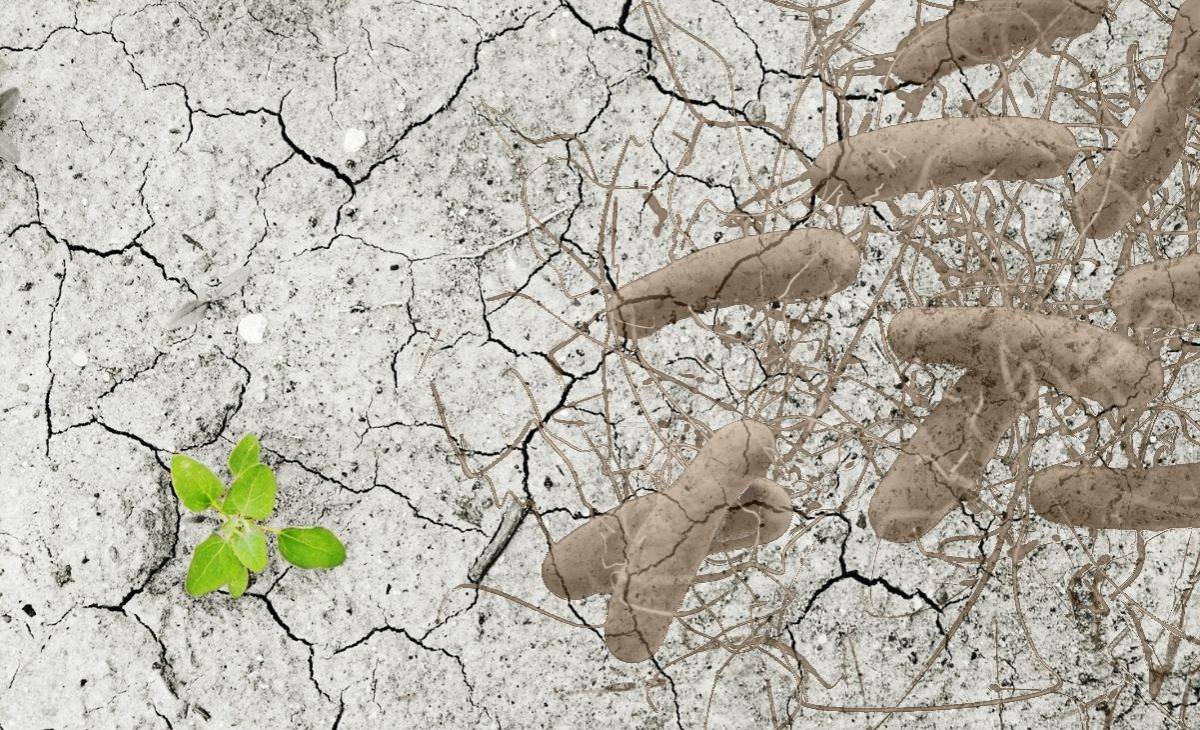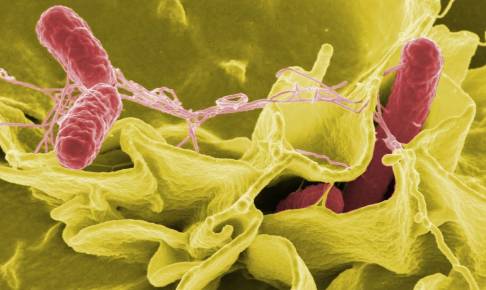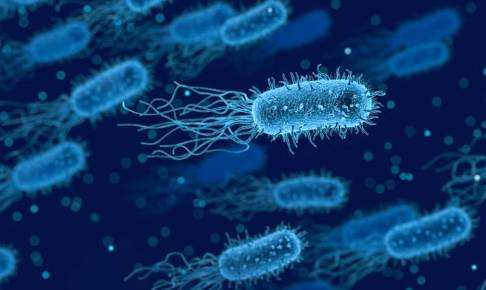Germany: Climate Change predicted to escalate foodborne illnesses
According to recent scientific findings, the escalating climate change crisis is projected to amplify the incidence of foodborne infections, posing an increasing threat to public health in Germany.
The Robert Koch Institute's Journal of Health Monitoring recently released an article series, one of which scrutinizes the impact of climate change on foodborne illnesses. The report sheds light on the potential health risks associated with foodborne bacteria, parasites, and marine biotoxins, such as Salmonella, Campylobacter, Vibrio, Cryptosporidium, and Giardia.
The changing climate can lead to heightened air and water temperatures as well as shifts in precipitation patterns, potentially resulting in water scarcity. As a response, agriculture might become more dependent on treated wastewater for irrigation, thereby increasing the risk of crop contamination by pathogens, according to the researchers.
The review indicates that Campylobacter infections, which typically peak during the summer months, may increase due to extended warm periods caused by climate change. Moreover, the rise in summer temperatures could lead to a more prevalent presence of the bacteria in poultry, thereby elevating consumer exposure through the consumption of poultry products. The study also notes an observed uptick in infections and outbreaks following heavy rainfall and floods.
Salmonellosis cases in Europe predominantly occur in the summer months. With Salmonella thriving at elevated temperatures, warmer periods could exacerbate food contamination. Higher temperatures may also induce disruption in the cold chain, leading to a higher risk of microbiological contamination of food.
While foodborne Vibrio infections have been relatively rare in Europe, an increase in global warming, heatwaves, and water temperature could potentially lead to its proliferation, and even the emergence of new strains. Consequently, according to the authors of the study, human infection rates may rise in the future.
Vibrio contamination in European seafood catchment and farming regions is likely to intensify and extend beyond the typical summer and autumn months due to the rise in water temperature. However, comprehensive data on foodborne Vibrio infections is currently lacking. In Germany, only a few isolated incidents have been reported since mandatory reporting was introduced in 2020. This could indicate low exposure or underreporting of illnesses.
Unpublished research from the German Federal Institute for Risk Assessment (BfR) suggests that climate change might directly affect the prevalence and virulence of parasites like Cryptosporidium and Giardia, which can remain infectious for extended periods and cause disease after consumption of contaminated raw food.
Extreme weather events, like heavy rainfall and flooding, which are predicted to intensify due to climate change, could escalate the risk of infectious oocysts/cysts entering water bodies and contaminating plant-based foods.
Changes in the geographic distribution of some algal species due to climate change could also increase the risk of harmful algal blooms. Marine biotoxins, which can't be detected by smell, taste, or appearance, and aren't usually destroyed by cooking or freezing, pose a significant threat.
To mitigate the health risks from foodborne infections, the researchers suggest using innovative technologies to track supply chains, given the complexities of the globalized food distribution network.
Source:






















